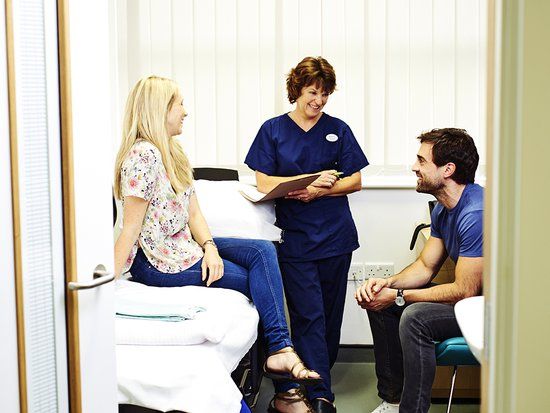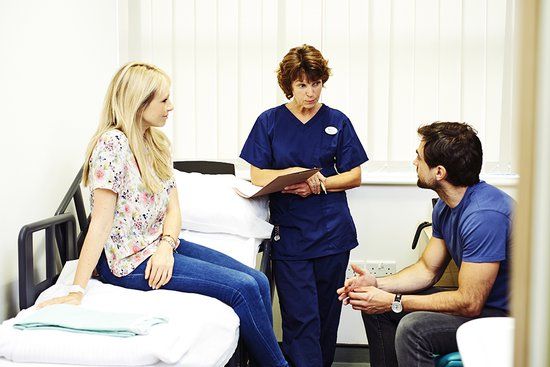If you’ve ever had an ectopic pregnancy – where the fertilised egg implants outside the uterus, typically in the fallopian tube – then you may be concerned about whether your long-term fertility is likely to be affected.
It’s true that some women have to opt for IVF in the future after they have had an ectopic pregnancy, but typically these are if their fallopian tubes are significantly damaged, blocking the natural path of sperm.
But a new French study has shown that regardless of the treatment path for ectopic pregnancies, subsequent spontaneous pregnancy rates are not statistically different.
The study examined 406 women who had suffered from ectopic pregnancies and results showed after two years that 67% of women who had medical treatment, and 71% who had conservative surgery, became pregnant. In women where their ectopic pregnancy was more high risk, pregnancy rates were 70% after conservative surgery and 64% after radical surgery.
Ectopic pregnancies are a distressing but sadly common complication of pregnancy. But as these studies show, having a previous ectopic pregnancy doesn’t mean you automatically have to opt for IVF in future. You can conceive naturally even if you only have one normal, functioning fallopian tube.
But even if you do need to opt for IVF in future because of damaged tubes, remember that the earlier you have IVF treatment, the higher your chance of success, because IVF success rates in women decrease the older you get because of declining egg quality.
To find out more about how we can help you have a baby, why not call our Patient Advisors and book a free one-to-one appointment on 0161 300 2737? If you’re not sure if you need IVF, or want reassurance about your fertility, you can also find out more about our Fertility MOTservice. It’s a series of simple tests, including ovarian assessment and scans, which will identify if there are any issues which may prevent you conceiving naturally.
Last updated: 20th January 2020






